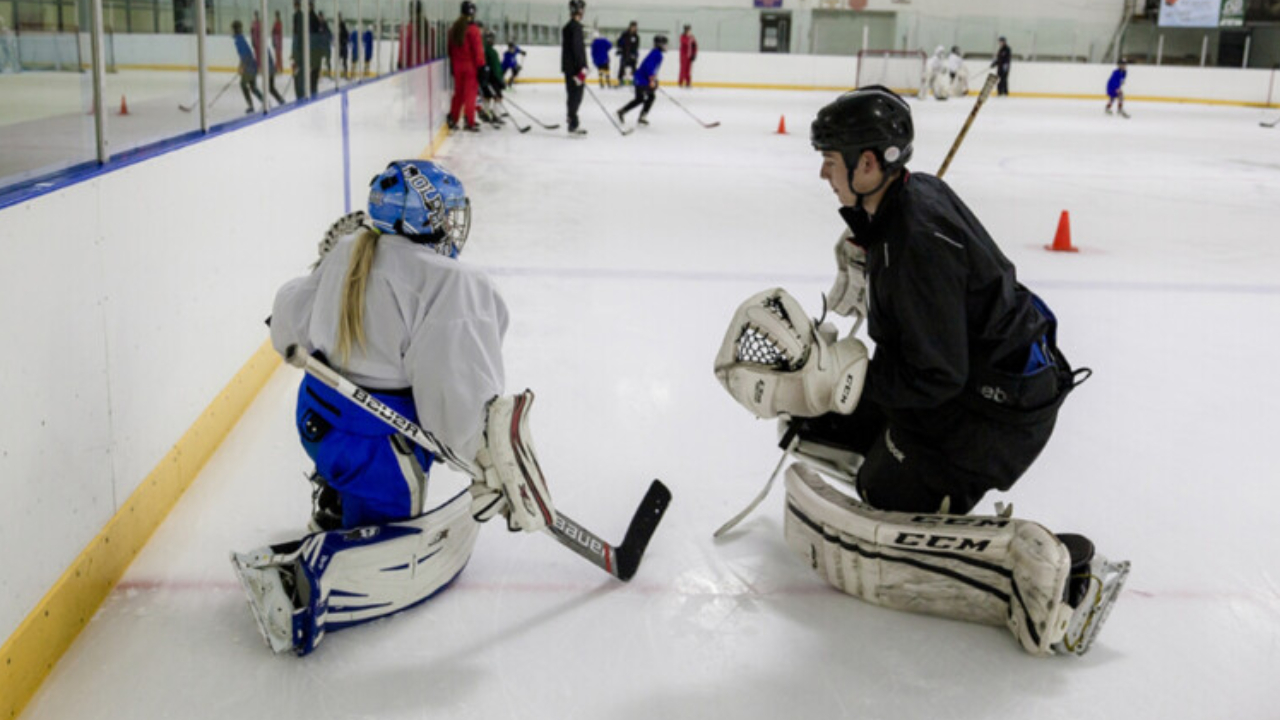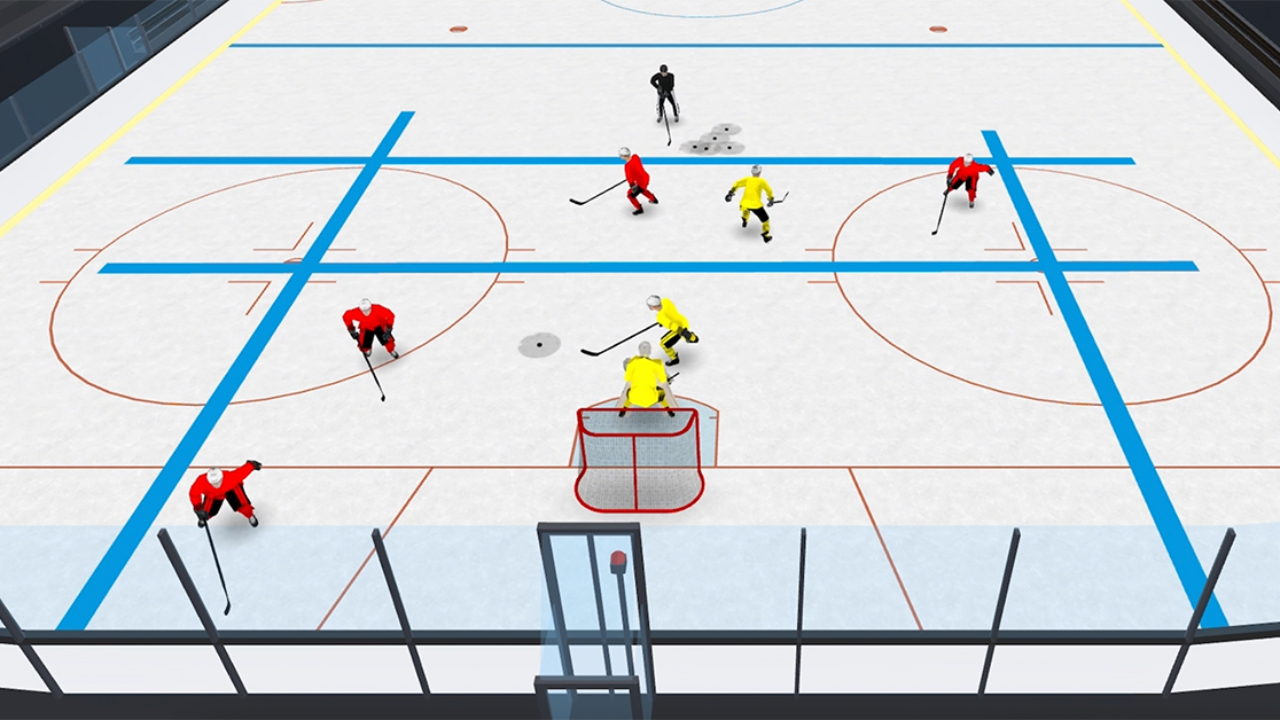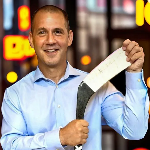
Photo Credit: AP Photo/Michael Laughlin
How confident are you in yourself?
This spring I've spent a lot of energy thinking about how we speak to ourselves when nobody is listening. How does that inner voice impact self confidence?
I don't know if there's a more important question we can ask ourselves. Usually, regardless of what we're telling ourselves, we end up being correct.
If you listen to yourself, you'll usually be notified that something might not be quite right or up to standard. Ask yourself questions and pay attention to the answers.
Do you have a strong practice plan? Do you know what to say to the player who comes into the office every day asking about the power play? Do you know how to manage expectations from your ownership group (or parent group - same thing)?
And that's just self confidence. What about your confidence in your team? Does your goaltender offer Sergei Bobrovsky-level confidence? Do you believe in your power play to deliver a big goal when the bright lights are shining their brightest? Do your players compete and grind so hard in practice that you believe without a shred of doubt they'll bring that into the game?
The only way to answer these questions is to answer them, literally, when they're asked: in the future.
Now imagine these questions as the result of an underlying or pre-existing condition: the past.
You know someone is going to gripe about the power play because you know their character and where they hold themselves in the hierarchy of your team. You might be worried your practice plan isn't up to snuff because your team has trouble with standing still long enough to learn systems. You're confident in your goalie because he posted a shutout in game one of the Stanley Cup Finals.
Confidence is created in the past, but its effects occur in the future.
In fact, we can effectively swap the words confidence and future. When you're confident, you believe the future will go well as a result of your actions in the present, or a nearer future. When you're worried and that belief is shaken by events that have already happened, your outlook suffers and you run the risk of becoming a self-fulfilling prophecy.
Low confidence is contagious, but so is high confidence.
But I also don't believe it's helpful to lie about confidence. The truth about your abilities as a coach and your team's potential exists in their intended state whether you believe in a positive outlook or a negative one. Blind confidence can be dangerous framed in this light.
So what can you do?
The good news is that you can create confidence through preparation, determination, and expertise. Picture your confidence as a small but mighty voice in your mind that's trying to tell you something. Pay attention. Your players might not always hear what you want them to hear, and the same can be said of your internal voice requesting attention. We all need to do a better job of listening - to our players, our partners, and most of all ourselves. Usually when you're not feeling super duper hot about an upcoming event it's because a part of it is unknown. It takes work to shine the light on deficiencies, and sometimes that's not easy - it can be downright uncomfortable.
But it's a practice that's valuable on and off the ice. Your team will always follow your lead. That doesn't mean you should lie about your level of confidence in any given area or sell false hope. Rather, it's vital to align with the players and approach challenges from the same perspective.
You're on the same side. You want the same things. Let your pursuit of improvement be the foundation of both your team's confidence and your own.
Confidence is just another word for future.
Low confidence borrows suffering from the future.
High confidence borrows success from the future.
Seek success with the day at hand, the task at hand, and create your own confidence.
















